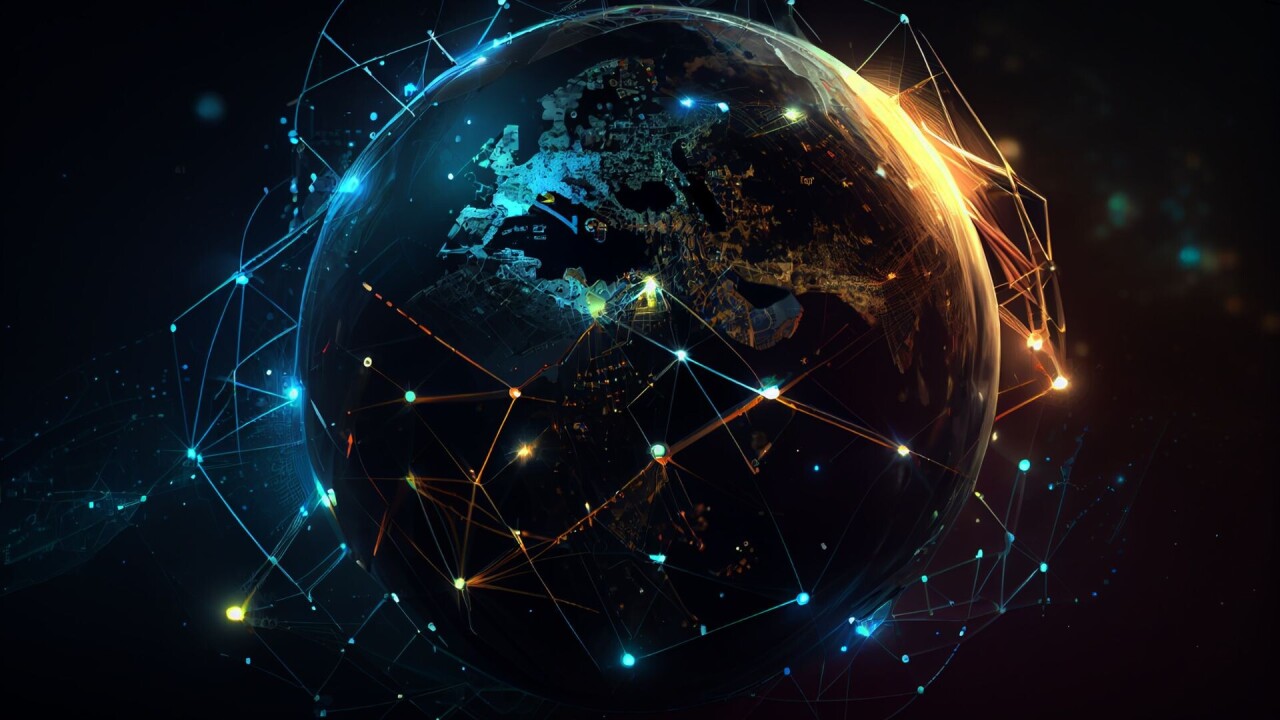
The European Commission today launched the first version of Destination Earth (DestinE), an AI-powered simulator that looks to improve the accuracy of climate predictions.
The first version of DestinE includes two models: one for extreme weather events and another for climate change adaptation. These models will monitor, simulate, and predict the Earth’s climate in great detail.
“DestinE means that we can observe environmental challenges which can help us predict future scenarios – like we have never done before,” said the EU’s antitrust chief, Margrethe Vestager.
DestinE is powered by Europe’s high-performance computers (EuroHPC), including the LUMI supercomputer in Finland. The developers have combined this with AI to boost data processing speeds.
“This first phase shows how much we can achieve when Europe puts together its scientific excellence and its massive supercomputing power,” said Vestager.
However, the overall model is expected to evolve over time, with a complete digital twin of the Earth set to be complete by the end of this decade.
Digital twin of the Earth
Want to test how a heatwave will impact food security? Or if a storm will flood a certain city? Or the best places to position your wind farm? All of that could be possible using the digital twin of the Earth.
The digital twin draws on a vast data lake to make its predictions and simulations. This information comes from satellites, like those of the EU’s Copernicus programme. It will also come from IoT sensors on the ground as well as troves of governmental data.
To complete the digital twin of the Earth, future versions will include data from oceans, cities, forests — basically everywhere on our planet that scientists can analyse.
The EU first launched DestinE back in 2022. Over €300mn has been made available to build the digital twin.
Today’s launch marks the end of the first phase and the start of the second phase, each of which will receive over €150mn in funding.
Funding for the third stage is subject to the agreement of the final Digital Europe programme 2025-2027, which is currently being drafted.
The EU is far from the only organisation working on this type of tech. In March, Nvidia unveiled its own digital twin of our planet called Earth-2. According to the chip-making giant, the government of Taiwan is already using the model to better predict when typhoons will make landfall.
One of the themes of this year’s TNW Conference is Ren-AI-ssance: The AI-Powered Rebirth. If you want to go deeper into all things artificial intelligence, or simply experience the event (and say hi to our editorial team), we’ve got something special for our loyal readers. Use the code TNWXMEDIA at checkout to get 30% off your business pass, investor pass or startup packages (Bootstrap & Scaleup).
Get the TNW newsletter
Get the most important tech news in your inbox each week.




